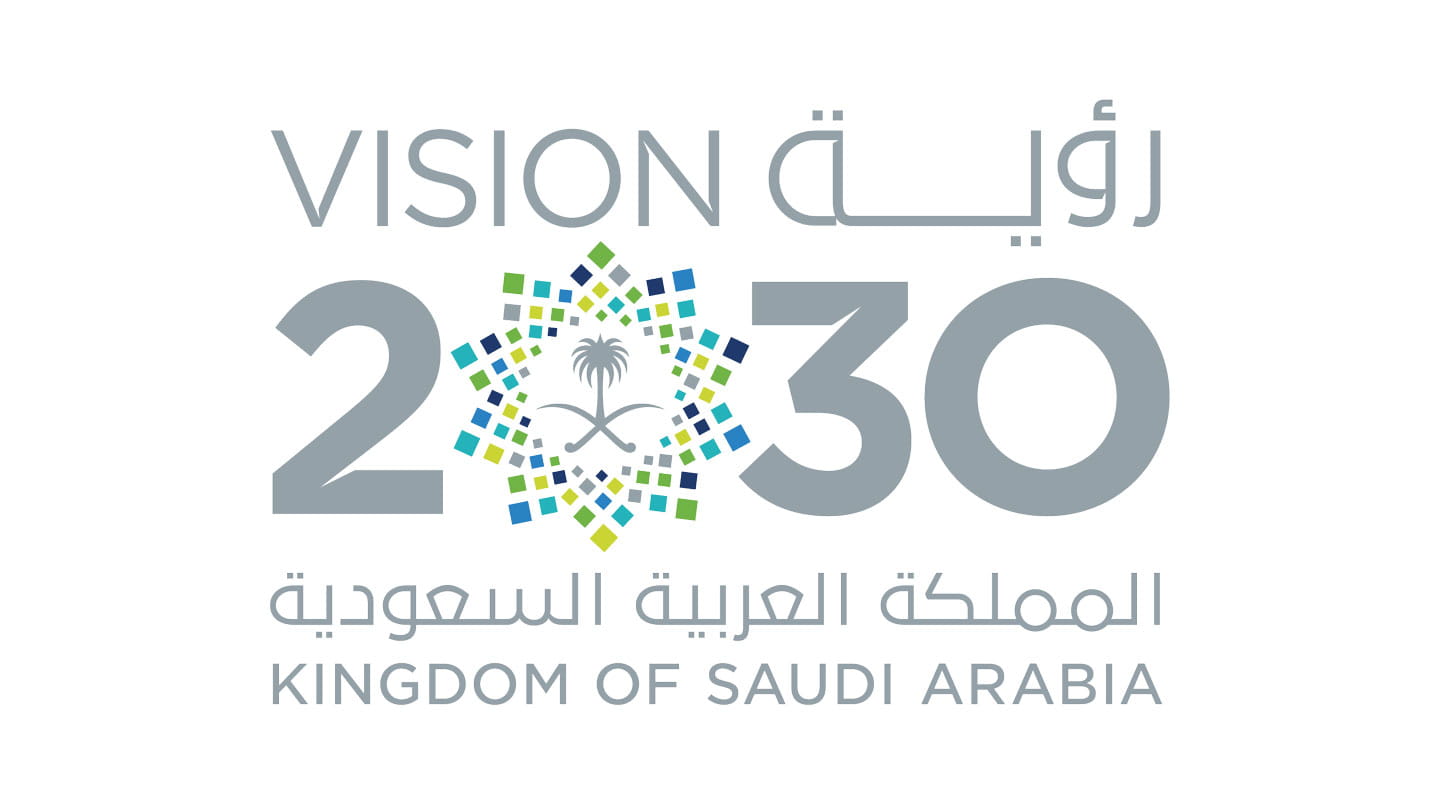The Kingdom’s Vision 2030 and 2020 National Transformation Program took center stage during a visit this week to the United States by HRH Deputy Crown Prince and Minister of Defense Muhammad ibn Salman ibn ‘Abd al-’Aziz Al Saud.
The Crown Prince was accompanied by senior ministers, including HE Khalid A. Al-Falih, Minister of Energy, Industry and Mineral Resources, and Chairman of the Saudi Aramco Board of Directors.
The visit underscored the strong relationship between the two nations, highlighting the growing U.S.-Saudi cooperation toward the establishment of a new era of relations between the prospect of continued mutual benefits being realized.
During a media briefing, Al-Falih told Saudi journalists that key meetings that covered discussions on various issues including global energy and climate change had taken place with the U.S. Department of Energy and the Saudi delegation.
Energy efficiency
A key topic of discussion during the meetings was climate change. Al-Falih stated that the Kingdom and the U.S. have strong relations and cooperation in the field of research, and he made mention of an initiative launched after COP21 in Paris that will see the Kingdom’s research agencies develop new technologies toward energy efficiency, helping to reduce the environmental impact of carbon, while also making a positive economic impact on the Kingdom.
Invited to invest in the Kingdom
Al-Falih added that U.S. companies have been invited to redouble their investments in the Kingdom, noting that political stability and a solid economic environment offer advantages to potential investors. He added that the Kingdom is creating initiatives that will prompt investors to bolster efforts to expand their presence.
“We want to take our investment experiences in basic industries in areas such as oil, refining, petrochemicals, aluminum, and phosphates two more levels,” said Al-Falih. “The first is the complementary industries to these basic industries, taking advantage of advanced materials produced by the petrochemical industries, along with minerals industries of iron and aluminum manufactured in Saudi Arabia.”
He said competitively priced electricity, oil and gas, and feedstock would develop the petrochemicals industry, supported by infrastructure seen in Jubail, the Yanbu’ Royal Commission, Ras Al-Khair, Jazan, and the Saudi Industrial Property Authority.
“Putting these factors together, it will become obvious that we have the appropriate investment environment to engage in transformative industries such as automotives, manufacturing local appliances and renewable energy industries such as wind turbines.”
The connecting point
The second level that the Kingdom plans to develop is the services sector, with its capacity to create jobs and become a major services producer, and contribute to gross domestic product growth.
Al-Falih highlighted the Deputy Crown Prince’s commitment to developing the Kingdom’s infrastructure to help achieve Vision 2030, stating that the Kingdom’s unique location makes it a connecting point between continents, not only for the movement of materials and goods but also in terms of information that can be transferred through a network of modern technologies that will be utilized in the country.
Al-Falih also touched upon his ministry’s interest in communicating with nonprofit institutes to develop non-economic sectors in the Kingdom. He said National Geographic has been invited to partner with Saudi Arabia to conduct research on the natural geography of the Kingdom, in addition to establishing research partnerships with various Saudi institutes. He said National Geographic has expressed an eagerness to do so.
He also made mention of Motiva, a joint venture between Shell and Saudi Aramco, and how differing strategies had led both parties to agree to divide the company, with Saudi Aramco taking control of the largest refinery in the U.S. Al-Falih said Aramco was still looking for opportunities to invest in the promising U.S. market.
He said the Kingdom is doubling its gas production, telling the media delegation that Saudi Aramco plans to double its capacity of refining inside and outside the Kingdom, in addition to continuing to develop fields such as Khurais.
الاستفسارات الإعلامية
جميع استفسارات وسائل الإعلام يتم التعامل معها من قبل إدارة الإعلام والتواصل التنفيذي في أرامكو - قسم العلاقات الإعلامية. الظهران - المملكة العربية السعودية


